Methods for experimental materials characterization

Overall Course Objectives
The microstructure of materials is fully described by the morphology and the distribution of phases constituting the material. A wealth of techniques exists for characterisation of the morphology, identification of constituent phases, their distribution and composition. An overview is given of the most widely applied characterisation techniques for microstructures: light optical microscopy (LOM), scanning and transmission electron microscopy (SEM/TEM), scanning and atom probe microscopy; X-ray diffraction (XRD), electron backscatter diffraction (EBSD); electron probe X-ray microanalysis (EPMA), Auger-electron spectroscopy (AES), X-ray spectroscopy, X-ray photoelectron spectroscopy (XPS) and other spectroscopic techniques. It is the purpose of the course that the students learn to evaluate the suitability of the various techniques for materials characterization and can find an optimal combination of analysis techniques that gives an answer to microstructure related problems in applied materials science and engineering.
Learning Objectives
- Identify interaction mechanisms between matter and different types of radiation
- Describe the optical principles behind microscopy
- Describe the physical principles behind diffraction
- Point out the information gained from reciprocal space
- Compare the different spectroscopy techniques
- Illustrate the information gathered by the different spectroscopic techniques
- Identify the advantages and disadvantages of using different probes (electron, x-ray, neutrons)
- Propose an appropriate suite of analysis techniques for a specific problem
Course Content
The course starts with lectures on the physical mechanisms of the interaction of waves, electrons and particles with the solid state at a level that is sufficient to understand the principles of the analysis techniques to be discussed. The principles of different analysis techniques (microscopy, diffraction and spectroscopy) will be treated in relation to their application in materials science and technology. The possibilities, impossibilities, complementarities and limitations of the various techniques are demonstrated with realistic examples and supplemented by literature studies. The students are expected to participate actively in case studies and discussions.
Recommended prerequisites
41650/41657/41659/41661/41680/41681/41683/41686, or equivalent Materials science or Metals technology
Teaching Method
Lectures and case studies


